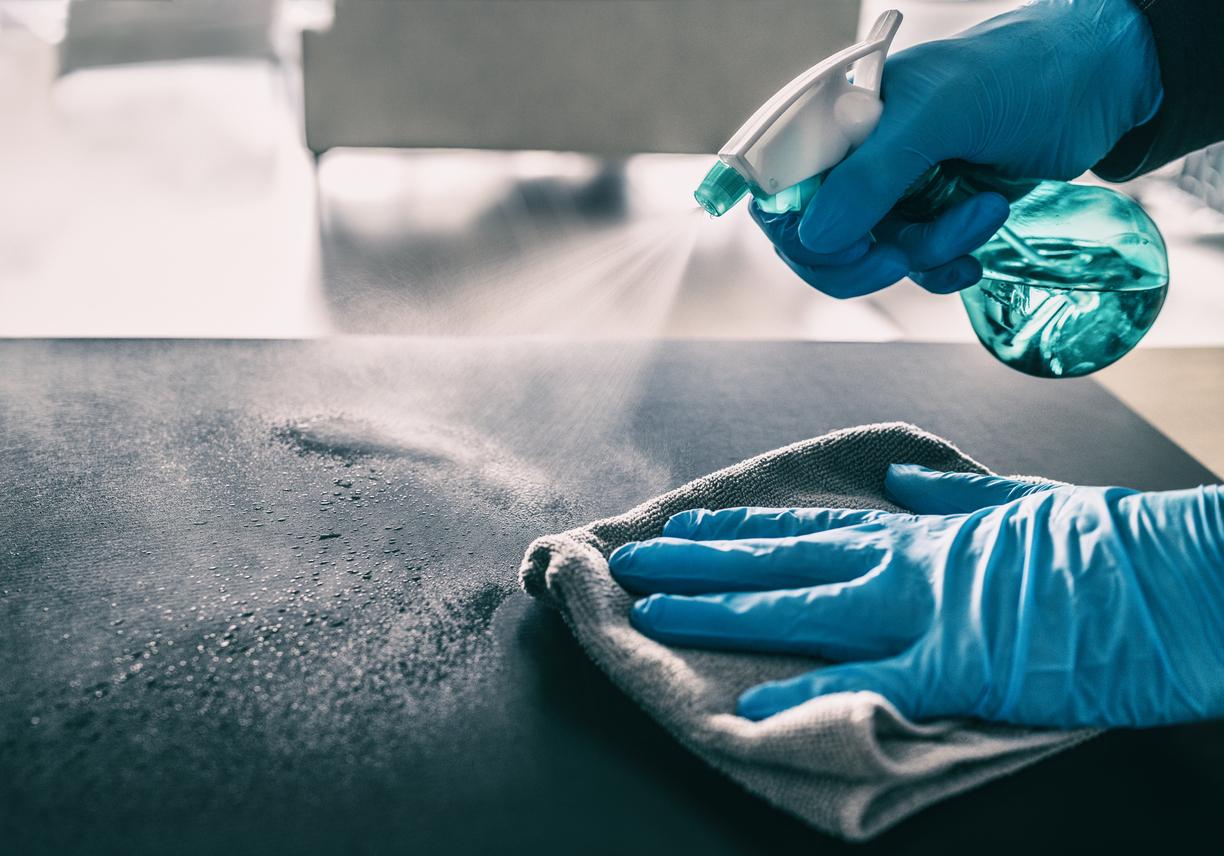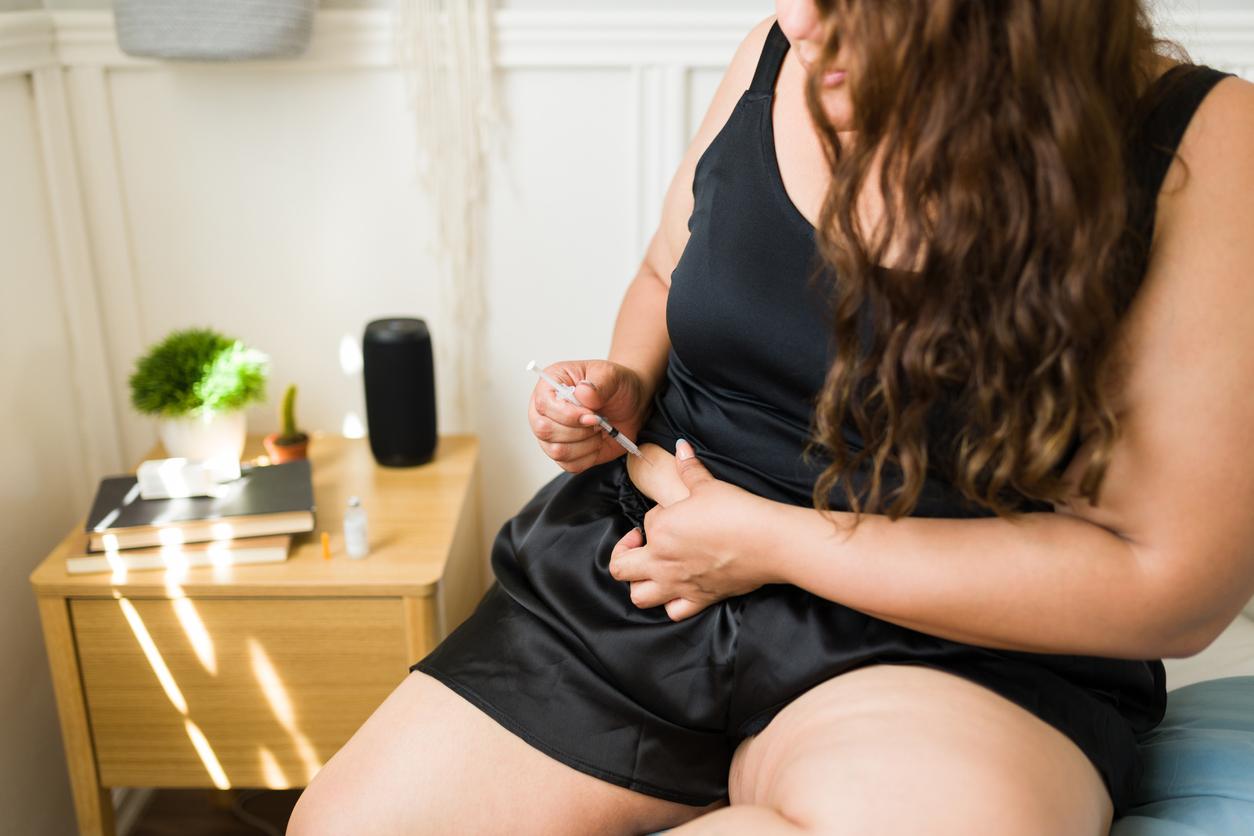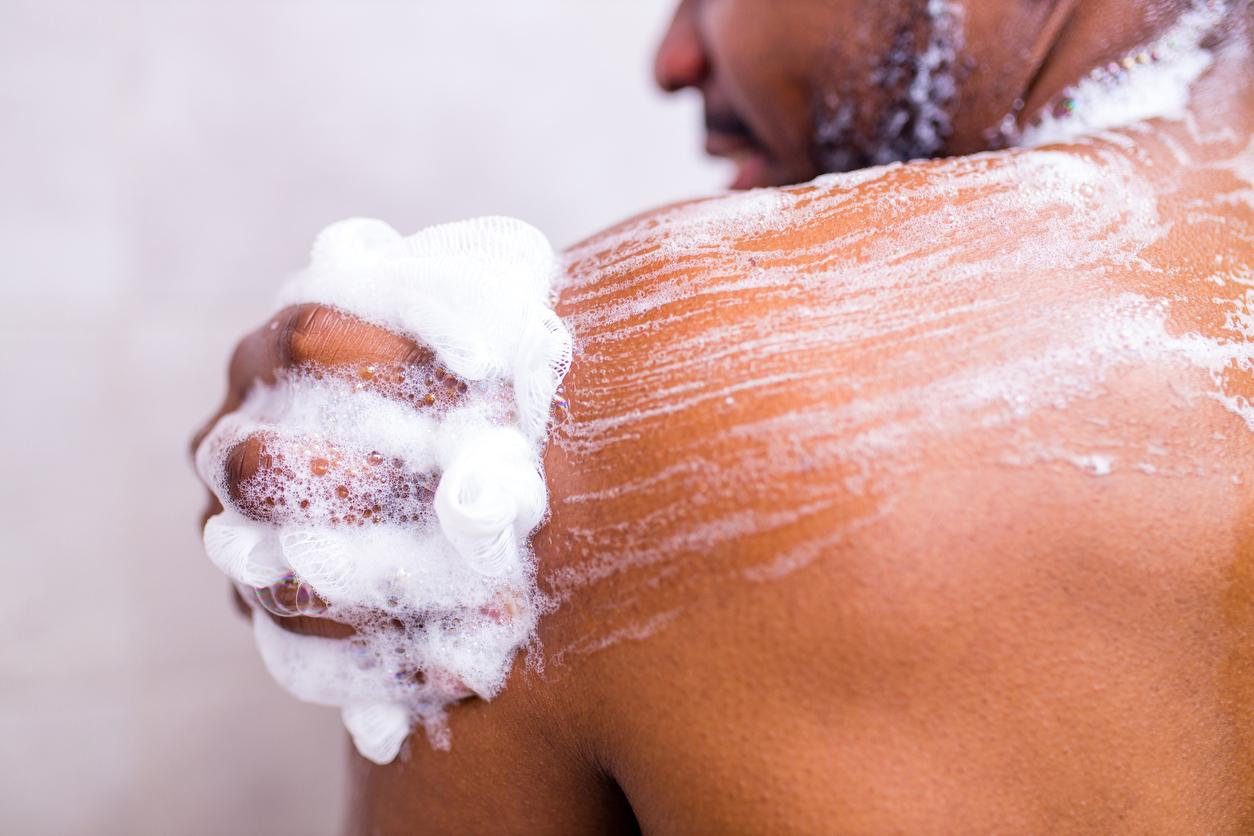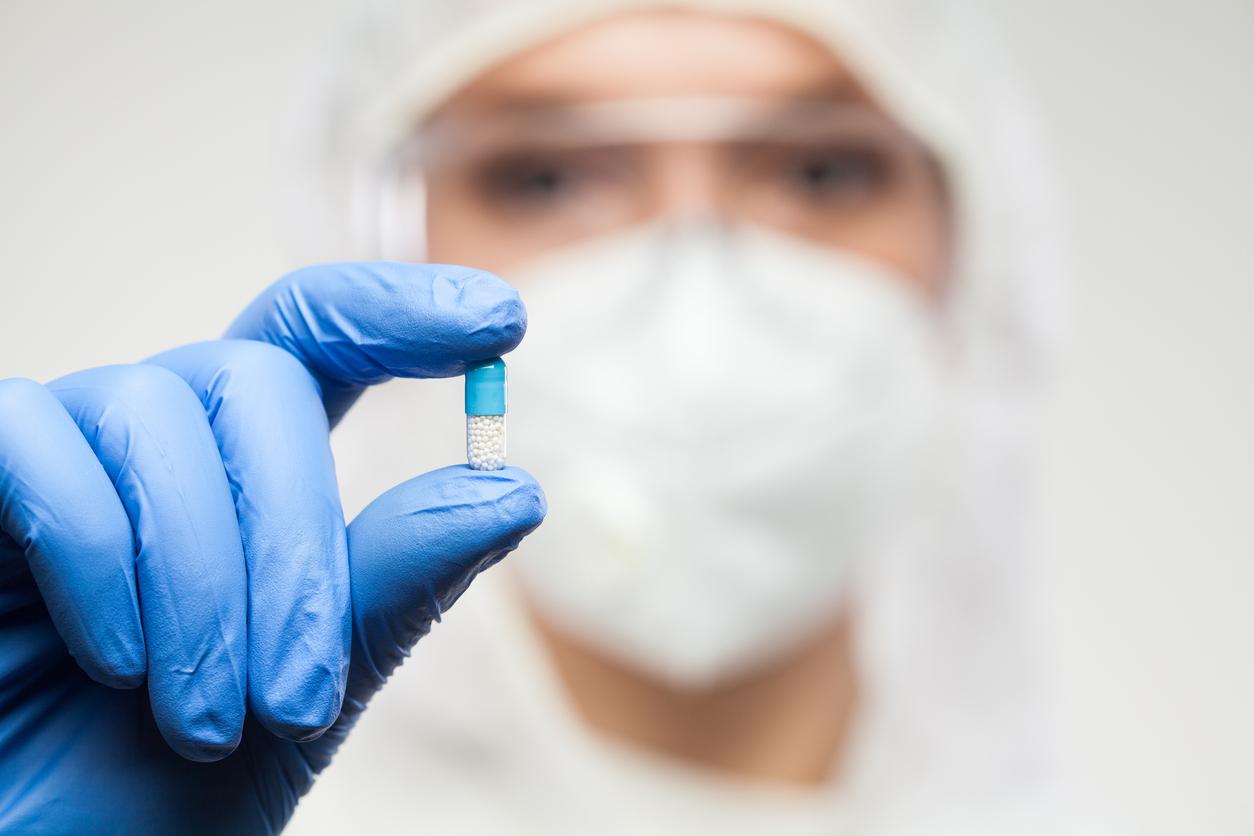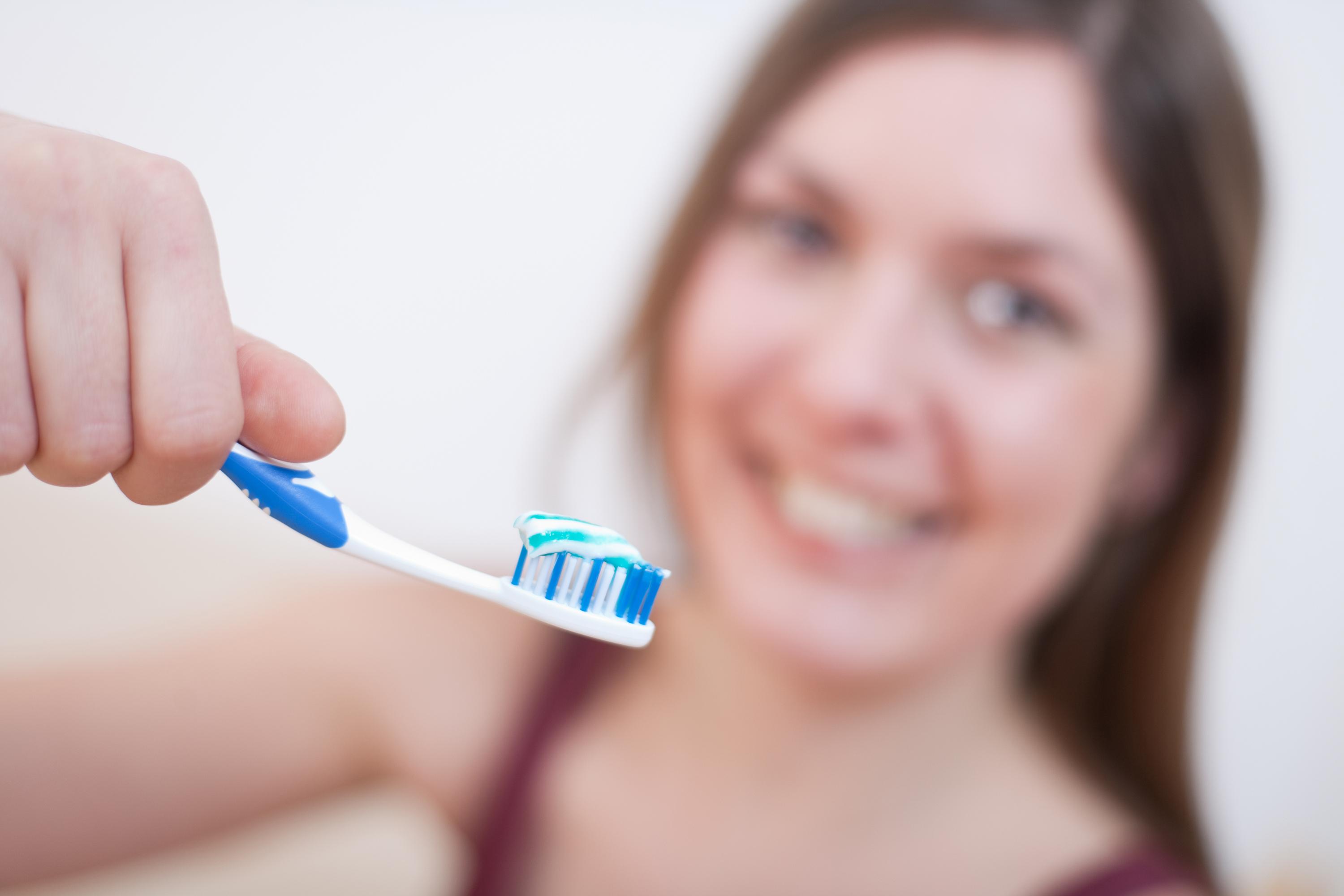The lack of evidence of their effectiveness and the health risks have prompted the American drug agency to ban certain antibacterial products.
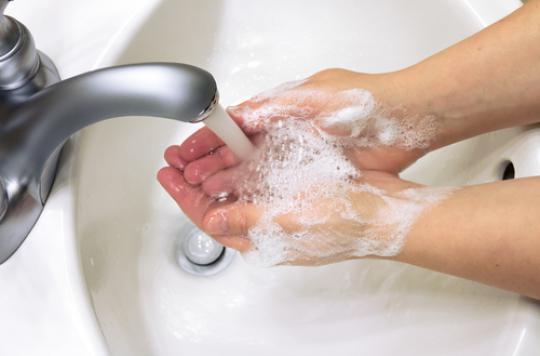
The Food and Drug Administration (FDA), the American Medicines Agency, decided to strike a blow at the end of the week, against the industrialists of hygiene. She believes that antibacterial soaps presented more risks than benefits with regular use, and thus decided to ban them. More than 2,000 products are believed to be affected in the United States.
“Consumers believe that antibacterial cleansers are more effective at preventing the spread of germs, but we have not found any scientific evidence that they are more effective than regular soap,” said Janet Woodcock, director of the assessment center. drugs from the FDA. In fact, the data even suggests that certain ingredients in their composition may do more harm than good in the long run. “
No better than classic soap
This strong decision concludes 3 years of investigation. In 2013, the FDA asked manufacturers to prove the safety and effectiveness of their antibacterial soaps, following the publication of the results of studies highlighting the potential dangerousness of several of their ingredients. It was particularly a question of showing the added value compared to conventional soaps.
As manufacturers have failed in this task, the Federal Agency has therefore decided to ban all products containing 19 risky ingredients, and in particular two of them, triclosan (for liquid soaps) and triclocarban (for bar soaps), which are the most common. They are accused of promoting bacterial resistance, and of being endocrine disruptors: in the long term, they can alter muscle function and cause hormonal imbalances.
Manufacturers now have a year to eliminate them from the makeup of their products that millions of Americans use. They had already taken the lead in trying to replace them, since the announcement of the FDA investigation.
Why keep it simple …
Scientific studies are fairly unanimous: to avoid the spread of germs and to avoid getting sick during epidemics, the most effective and safest reaction is to wash your hands regularly with conventional soap. In the event that it would be impossible to have access to soap and water, antibacterial wipes or hydroalcoholic solutions can represent a good alternative, but must remain substitutes.
They are not affected by the FDA’s decision. Only antibacterial soaps, used with water like conventional soaps, are targeted.
.








